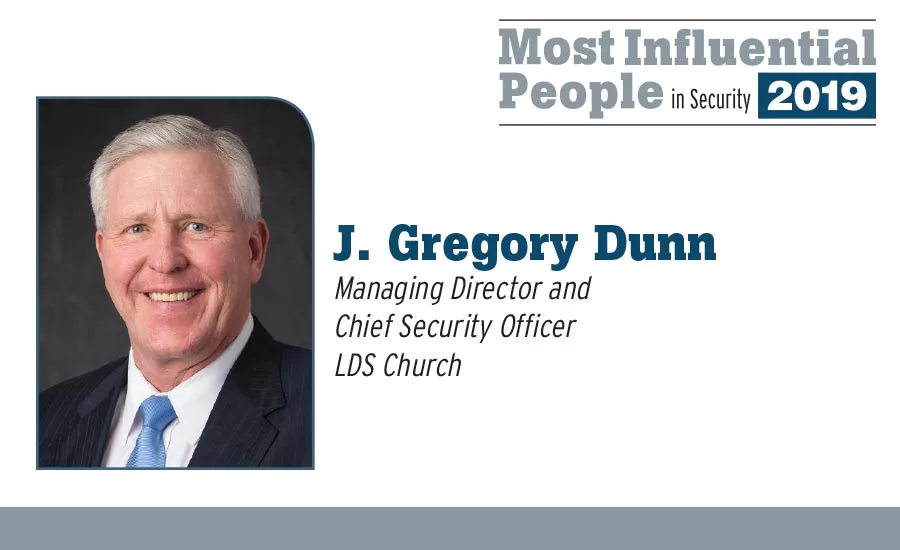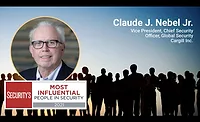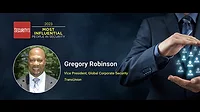Security's Most Influential People in Security 2019 - J. Gregory Dunn
Managing Director and Chief Security Officer LDS Church

Gregg Dunn is the Managing Director of the Church Security Department and Chief Security Officer for The Church of Jesus Christ of Latter-day Saints, which has operations in more than 150 countries and more than 30,000 expatriates. The Church Security Department provides crisis management, investigations, country analysis and research and personal protection.
Dunn has more than 30 years of experience in security risk management, criminal investigations, forensic audits and security program design. He is a Certified Public Accountant and a former Special Agent with the FBI. Previously, Dunn was the Deputy Head of Security for British Petroleum (BP). He managed global security operations for BP in the Western Hemisphere and Asia Pacific.
Dunn also served as the Director for Temporal Affairs in the Church’s Africa West Area (General Manager of Church operation in West Africa).
Dunn is a Certified Fraud Examiner (CFE) and a Certified Protection Professional (CPP) with the American Society of Industrial Security.
“When I first arrived as the CSO of my organization 16 years ago, the existing security group was largely a headquarters-focused organization,” Dunn says. “At that point, we lacked focus on the organization’s core operations outside of headquarters. The first step was to make sure we had the right staff, with the right expertise, to gain the confidence of senior management. Then we demonstrated skill in our current assignments. As opportunity permitted, we seized assignments to exhibit we could add value beyond our initial responsibilities. This was a long-term approach, which resulted in our security department expanding in its division of responsibilities, which now includes several new elements, including a 24/7 GSOC, active shooter design and management and expanded executive protection responsibilities. We have staff that assists all U.S.-based facilities with security technology design and security product selection.”
“The days of security/law enforcement professionals having just one or two areas of expertise are fast ending,” Dunn adds. “Future professionals must have a broad and deep understanding of a wide range of security and business skills to be considered for leadership. Such skills will include core competencies such as succinct and clear communication skills; security analytical abilities; a clear understanding of personal protection skills that work in your organization; technical security skills; and the ability to collaborate with departments in the organization and with local, national and international agencies. Successful individuals must ‘own their own career.’ As you set goals, consider how best to broaden your core security and business skills and knowledge. Ask yourself, ‘What lack I yet’?”
Looking for a reprint of this article?
From high-res PDFs to custom plaques, order your copy today!






